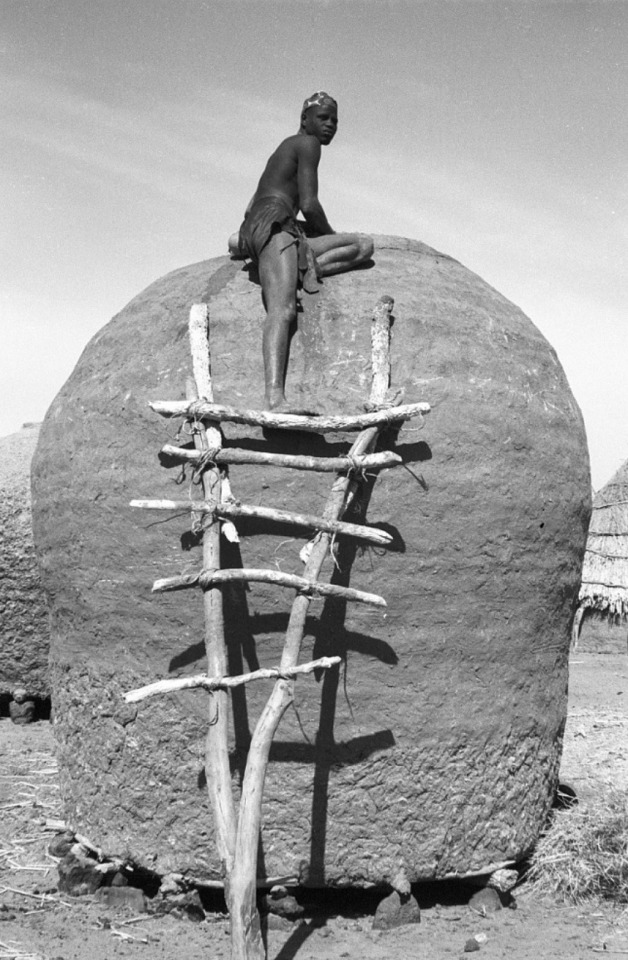#the-granary
Explore tagged Tumblr posts
Text


Empty Mask @ Midweek Market, July 17th '24!!
Howdy!! It's pardy here, just posting about us attending this coming week's Midweek Market @ Golden Cactus!! We'll be there from 5pm to 8pm, so be sure to hit us up if you're in the area!! Things have been chugging along behind the scenes for us, and while life has been pushing on us, we've been pushing back. We're looking to have a couple cool things prepared for these next couple markets, so keep an eye out!! Stay Cool, -P
3 notes
·
View notes
Text
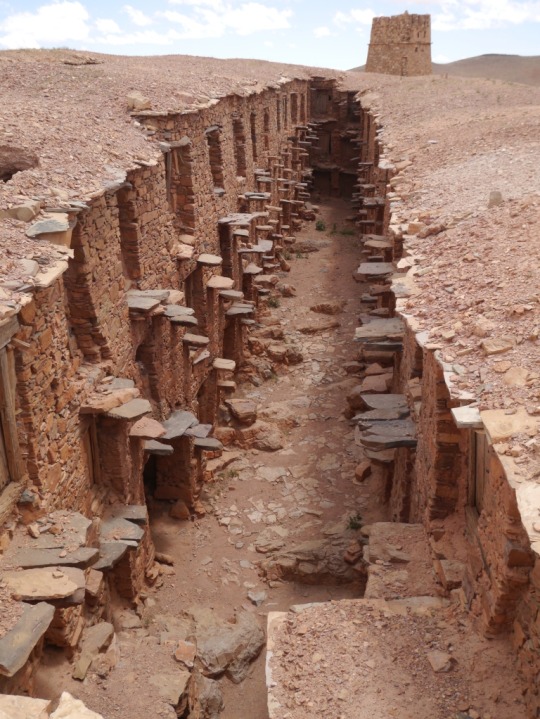
Fortified Berber Granary in Agadir, Morocco.
5K notes
·
View notes
Text
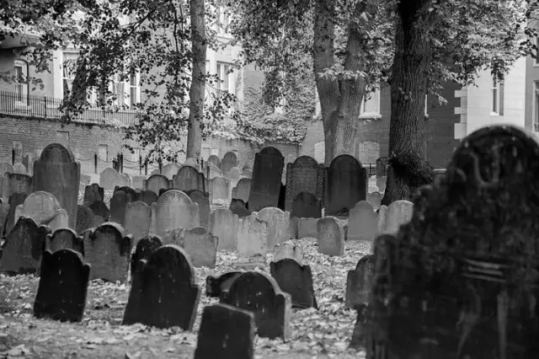
#Granary Burying Ground#Boston#Massachusetts#graveyard#cemetery#gothic#haunted#black and white#photography#Mike Schaffner
123 notes
·
View notes
Text
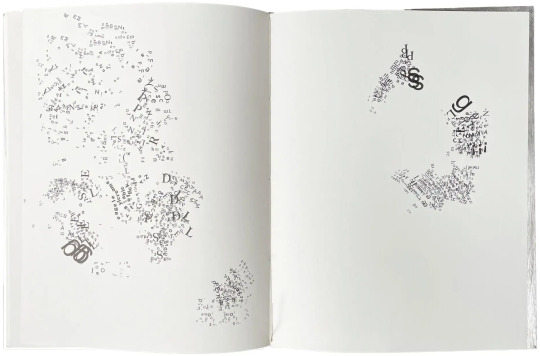
From: Johanna Drucker, Stochastic Poetics, Druckwerk and Granary Books, New York, NY, 2012 [© Johanna Drucker]
(UbuWeb, Visual Writing, ubu editions, 2013, pdf here)
#graphic design#art#poetry#concrete poetry#visual poetry#visual writing#book#johanna drucker#druckwerk#granary books#ubuweb#2010s
35 notes
·
View notes
Text

now that i have good lighting [and remembered] i can show you all my first tat!! 💕👀 still very new, only a couple days old
shoutout to alchutattoos for the amazing work!!!
#there were so many good artists at the tattoo expo hhhh#i admittedly lost my mind over this artist's inari flashes#me: bro please i must have your granary key flash#also man it is HARD to take photos with your non-dominant hand lmao
225 notes
·
View notes
Text
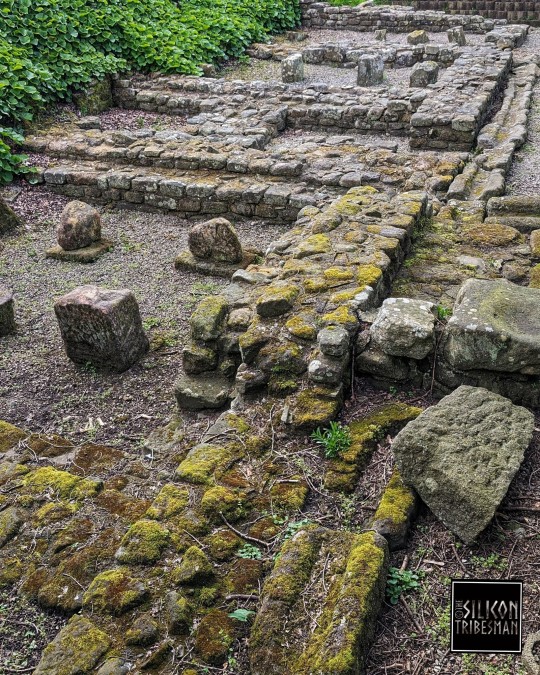
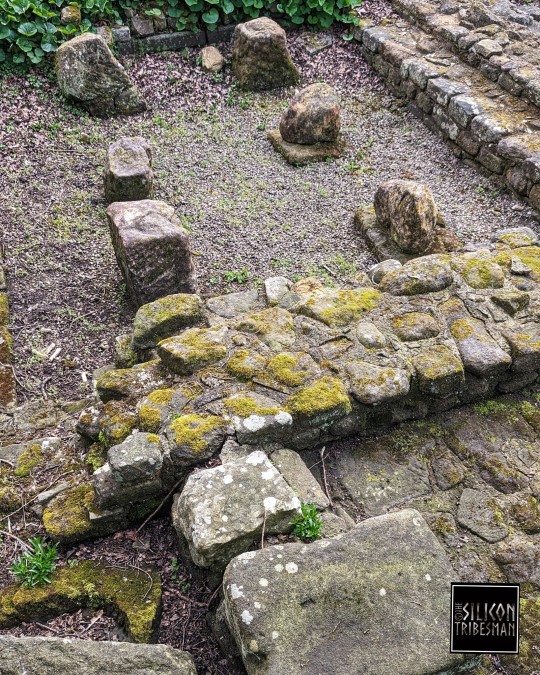
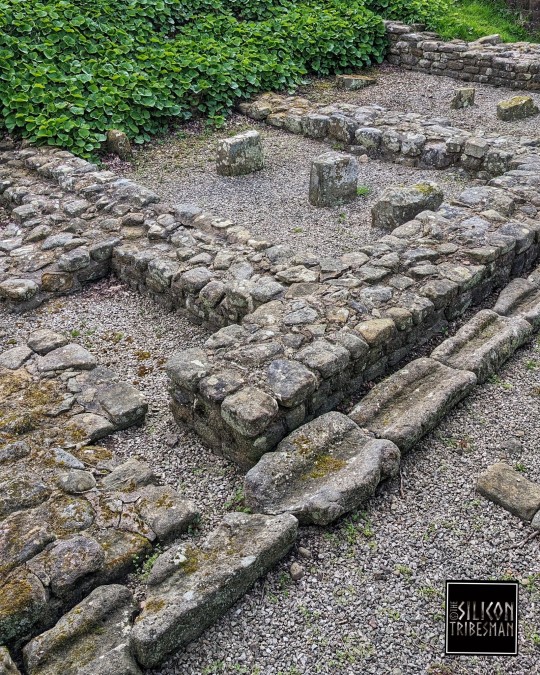
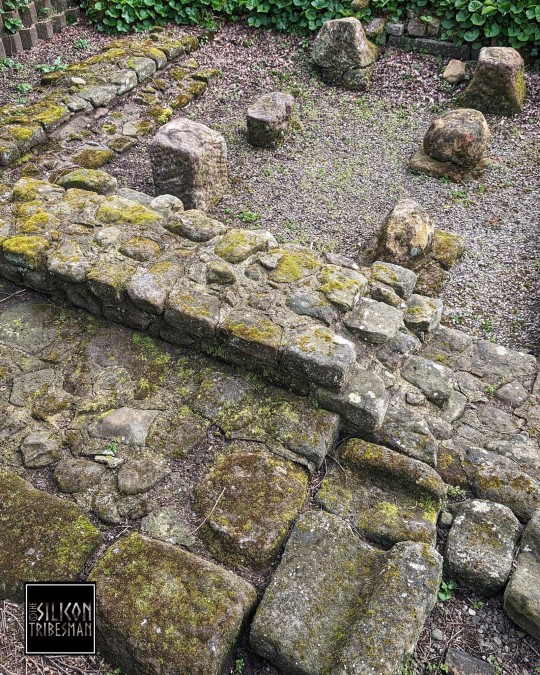
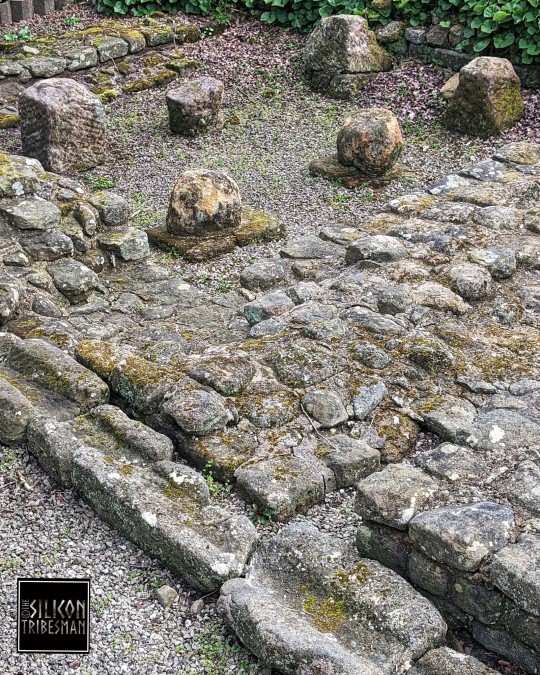
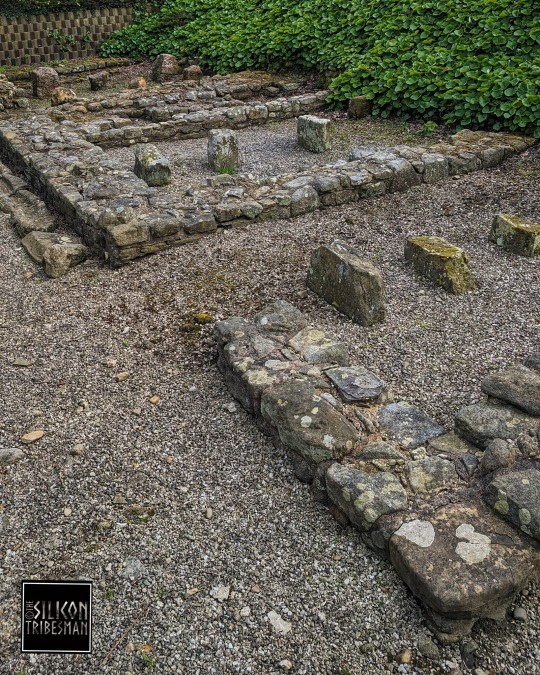
Roman Granaries, Ribchester Roman Fort, Ribchester, Lancashire
#Roman#romans#roman empire#Roman fort#Roman army#roman britain#Roman buildings#roman granary#granary#archaeology#ancient cultures#ancient sites#ancient living#Ribchester#Lancashire
86 notes
·
View notes
Text
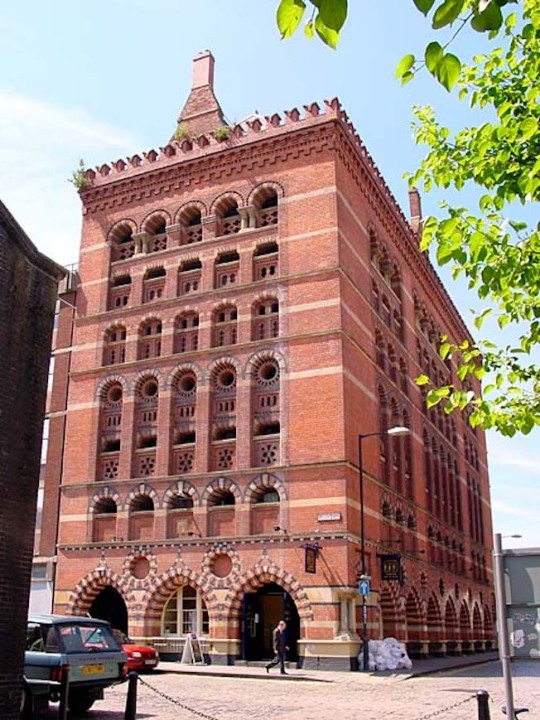
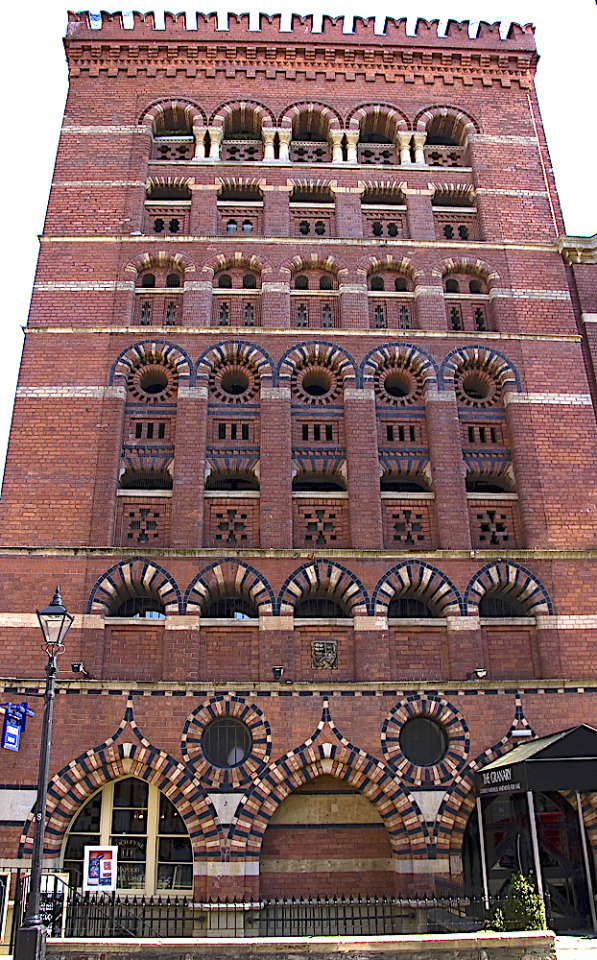
The Granary Bristol UK
The Granary, also known as Wait and James' Granary, is a building on Welsh Back in the English city of Bristol. It was designed by Archibald Ponton and William Venn Gough in red Cattybrook brick, with black and white brick and limestone dressings. It is probably the best preserved example of the Bristol Byzantine style and is designated by English Heritage as a grade II* listed building.
It was built in 1869 as a granary for Wait, James and Co. It was used to dry large quantities of grain, so it had to be strong, stable and warm, with good ventilation. Between 1968 and 1988, it housed a nightclub, also known as The Granary. In 2002, the building was converted into apartments, after the owners, Bristol City Council, had invited competitive bids from developers for its renovation and conversion. Barton Willmore produced the designs which supported the winning bid.
22 notes
·
View notes
Text
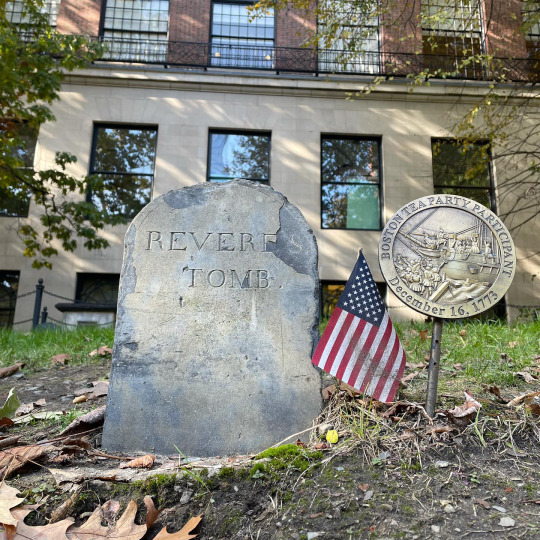

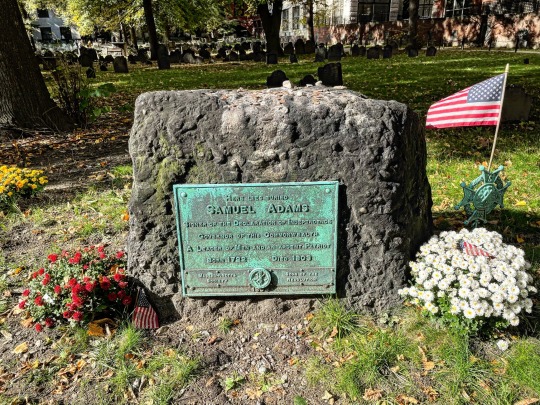
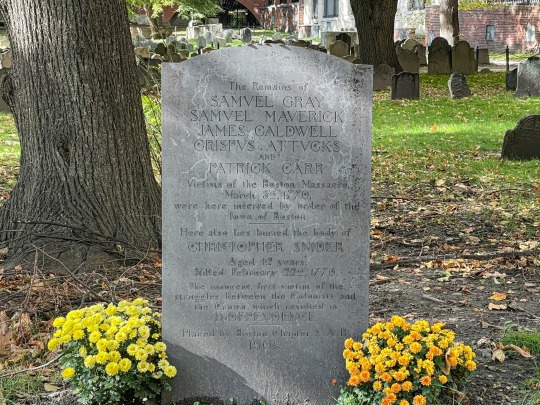
📍 Granary Burying Ground
13 notes
·
View notes
Text
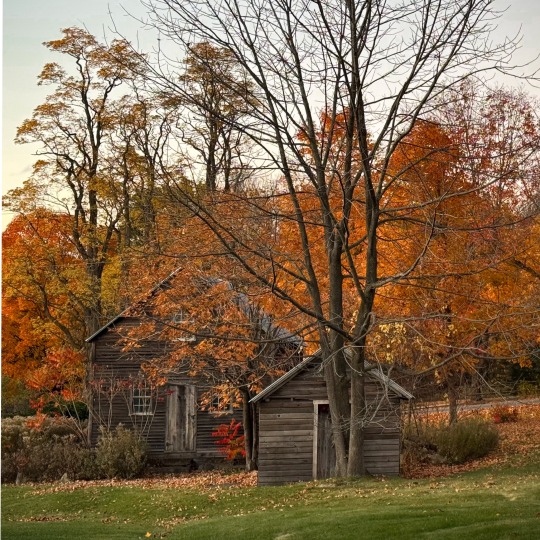
Barnyard
Champlain Valley, Vermont
5 notes
·
View notes
Text


mfw 19th century gay finnish peasants make out with tongue in the aitta
#aitta is a general term for outside buildings at farms. if you translate it it translates to granary#but things other than grains were stored in aittas as well. there were separate sleeping aittas (for young people) for the summer#anyway. look what i made!#oc art#my ocs#oc: anton#oc: juho#konsart
4 notes
·
View notes
Text
The Granary V2.1.2, and an Update for 12/31/23!
Hi, it's Pardy! It's been approximately six months, and my life has changed more than it has in the two and a half decades I've been on this bitch of an earth. First thing's first, though-- THE GRANARY V2.1.2 IS OUT, AND BOY HOWDY IS IT A BIG UPDATE!!!
The Granary V2 has received a massive update in the form of 1.2, and it's something we're all immensely proud of. Lots of fucking rad character art, lots of fantastic world lore that we've been building up and refining for a while now, lots of important tiny revisions and cleanup that wouldn'tve gotten done otherwise. Be sure to give it a look if you're interested! Otherwise, uh. Yeah, me and Vamp moved out, and have been learning to live on our own for the past six months. I'm medicated now, he's medicated now; god, there's just too much to list (and a bunch of shit that I'm not going to). Life has been crazy. I personally will be taking a bit of a break from working on The Granary V2 directly, since I burnt myself out a little in the process of pushing out this update. But, who knows how long that'll last. I can't keep myself away, and neither can Cav or Vamp. So, with that being said, we here @ Empty Mask hope you've had a wonderful holiday, and we hope you enjoy the newest update to The Granary V2!
8 notes
·
View notes
Text
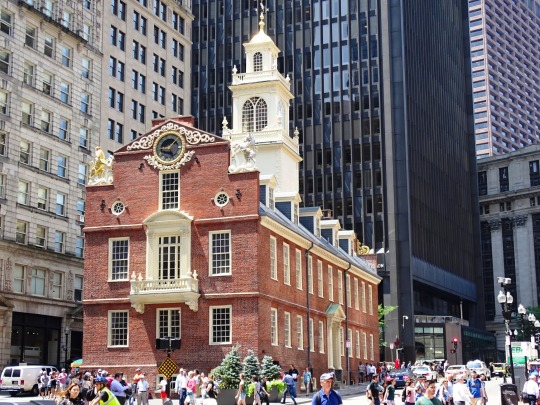
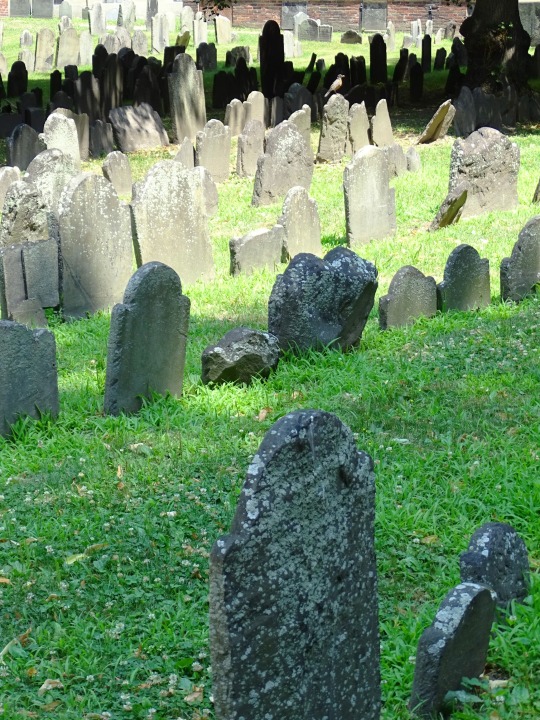
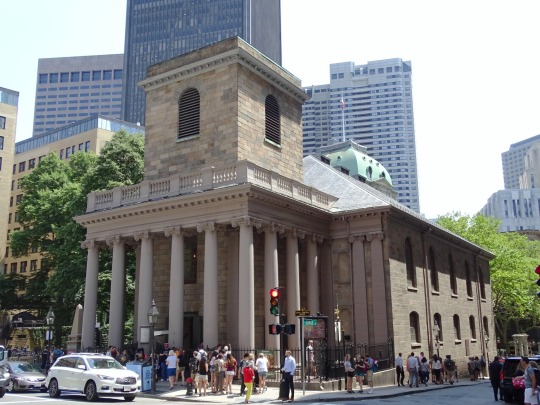
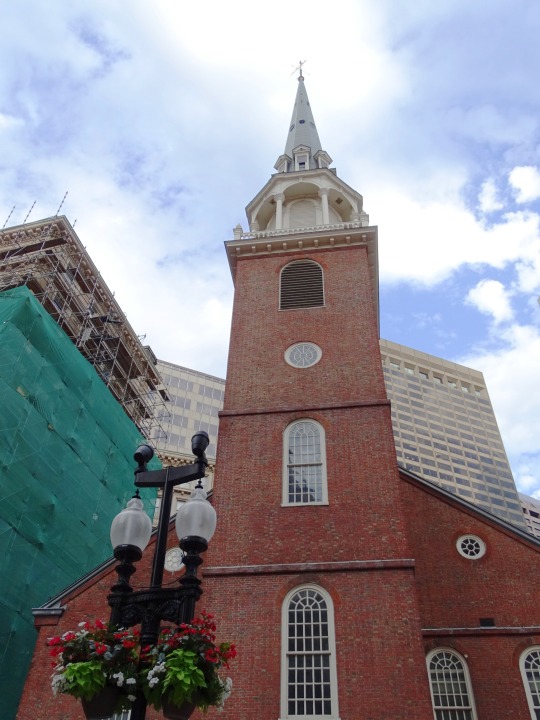
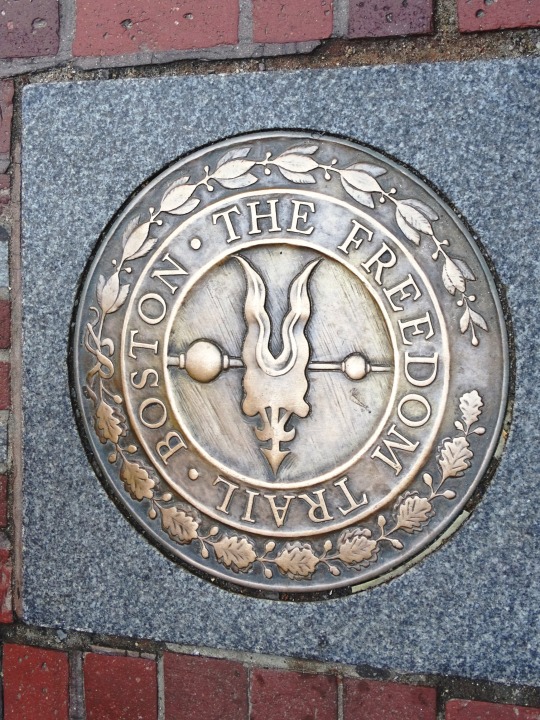
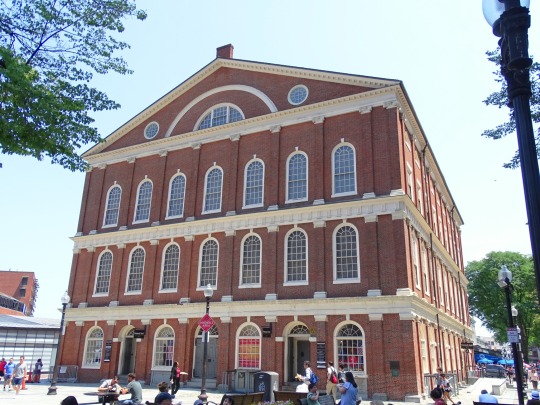
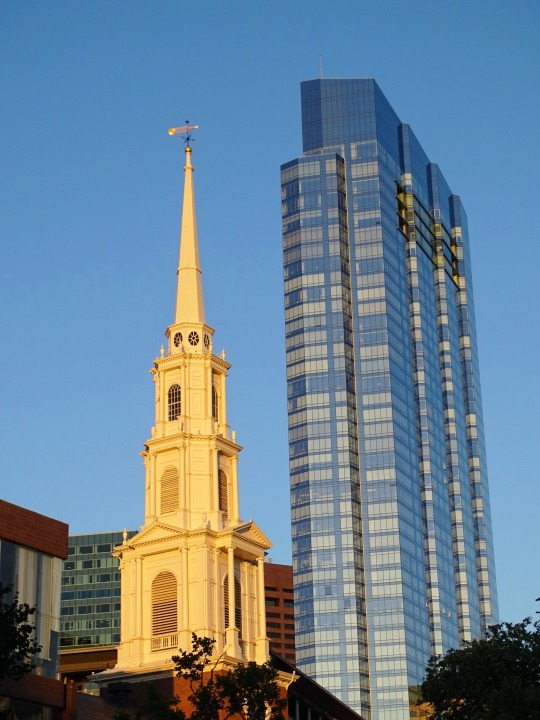
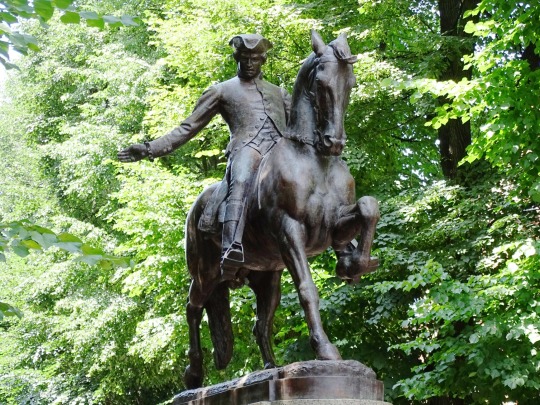
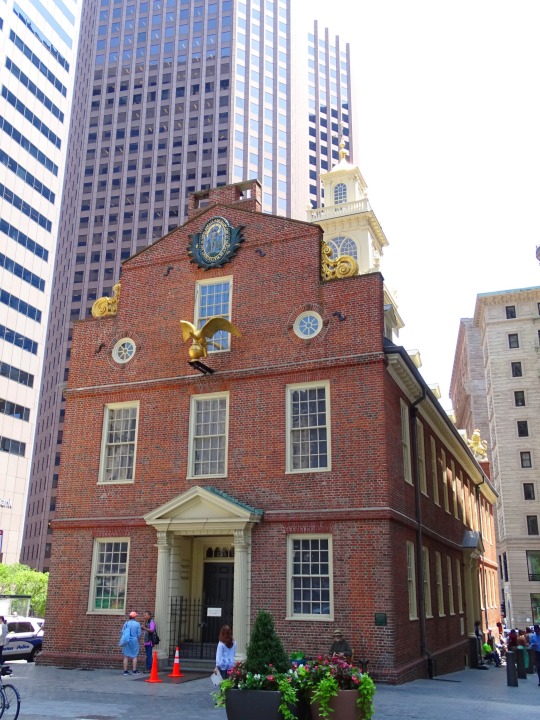
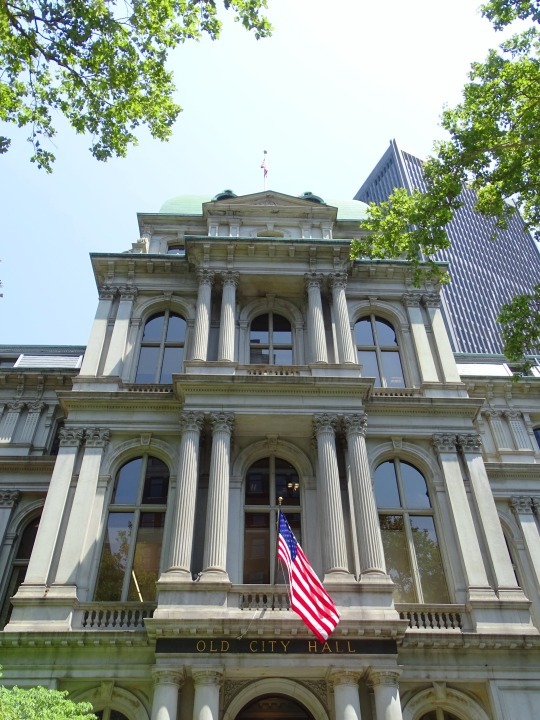
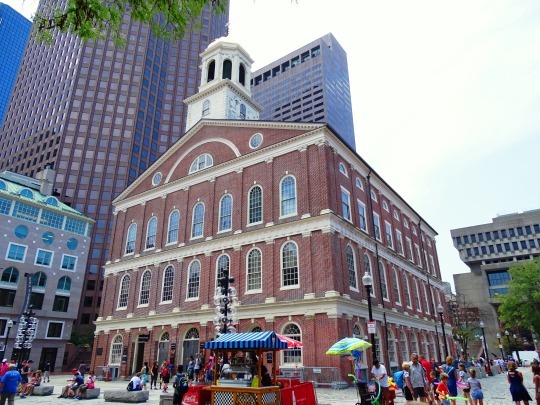
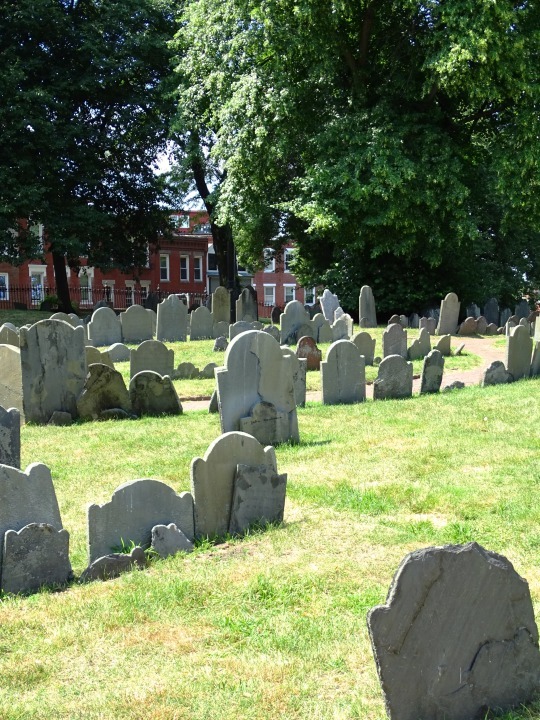
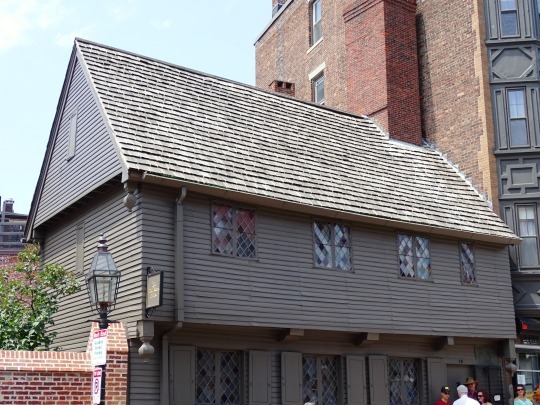
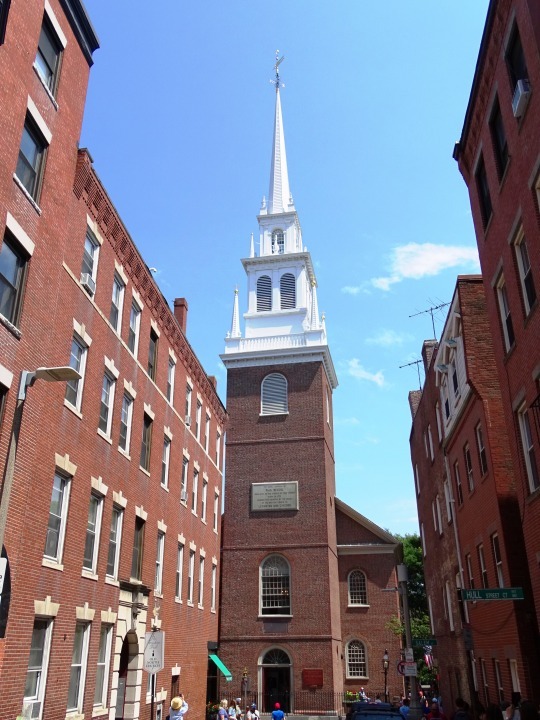
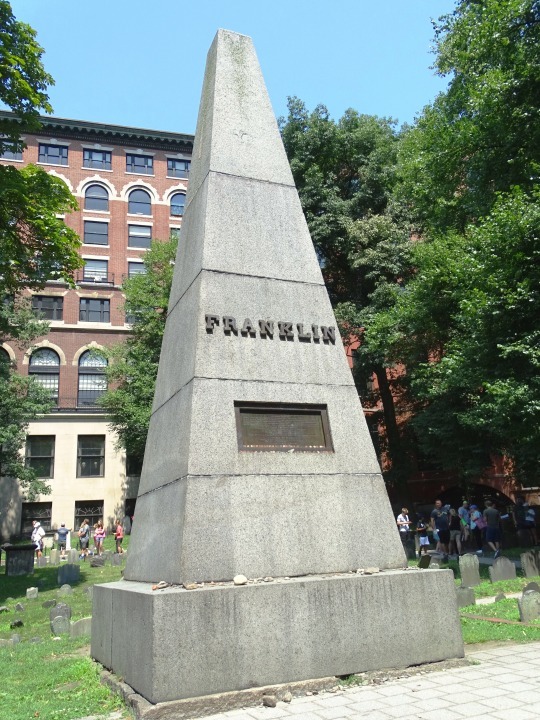
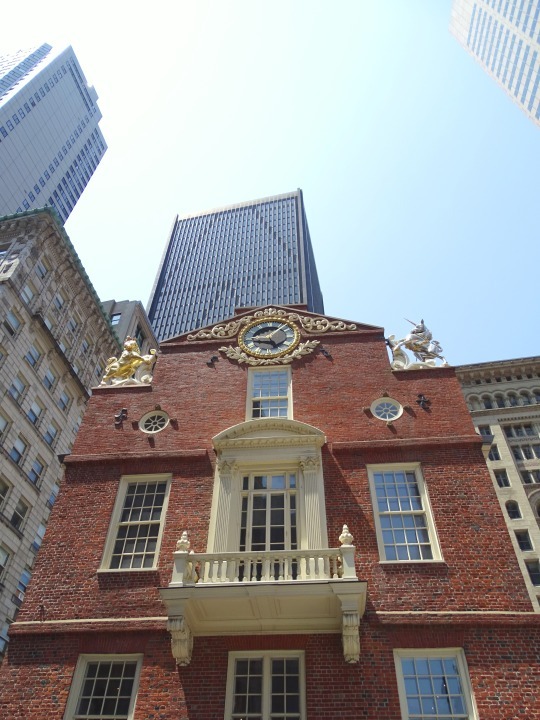
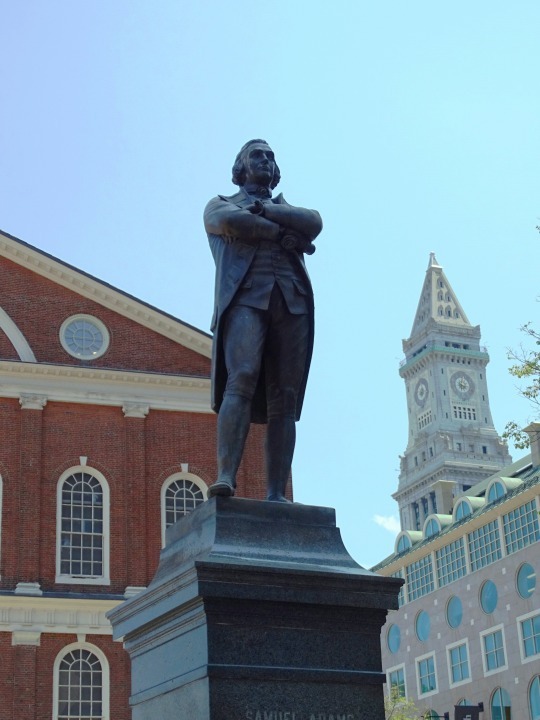
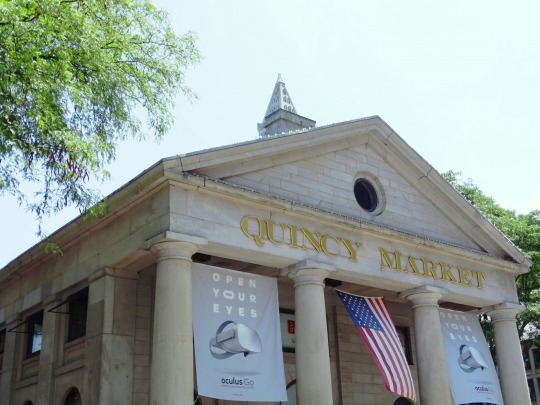
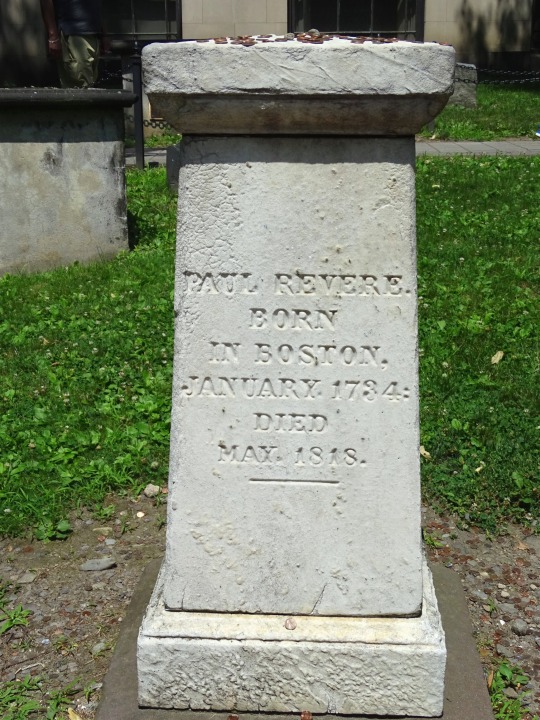
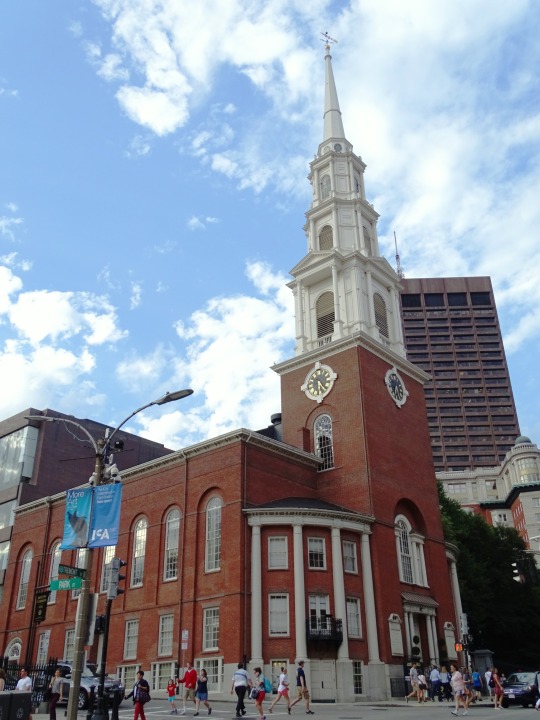
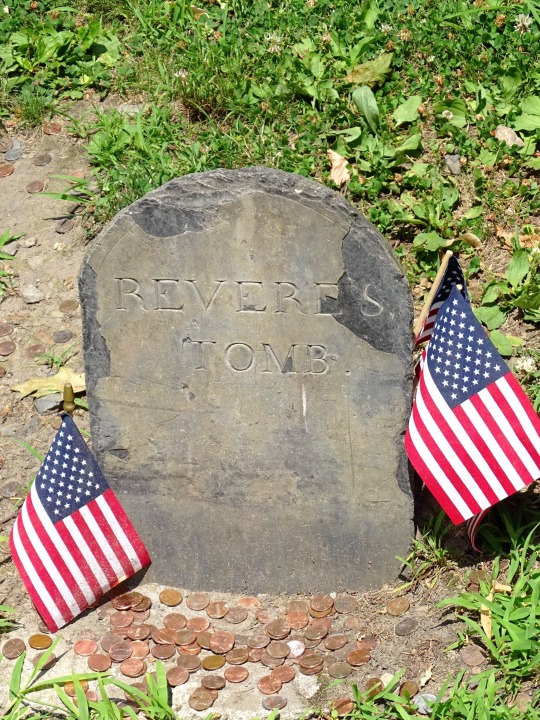
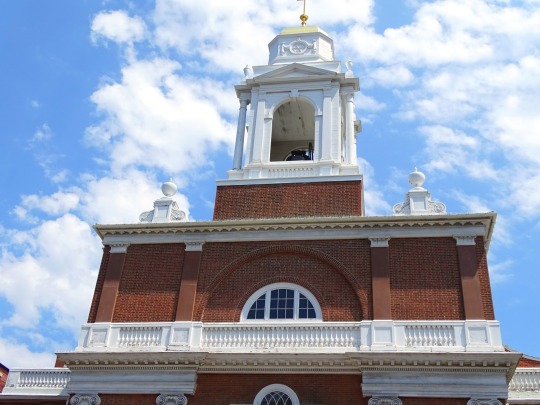
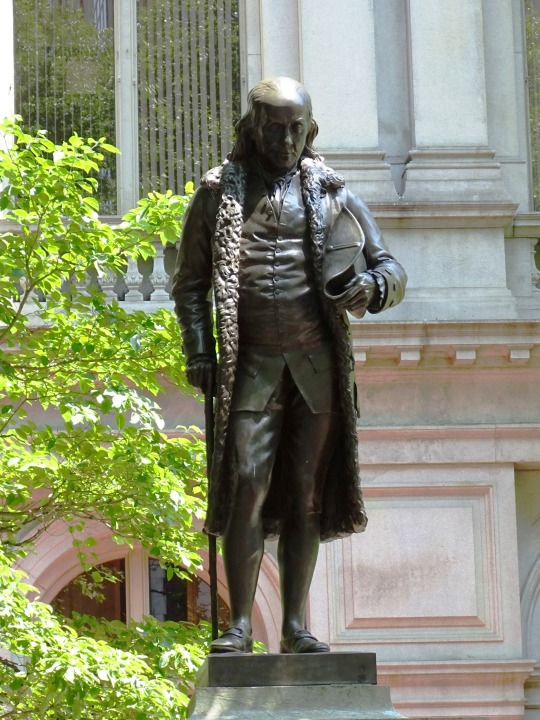
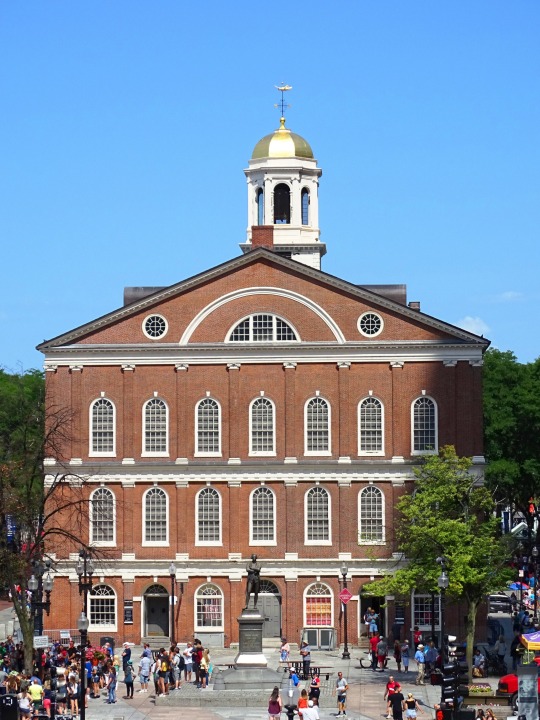
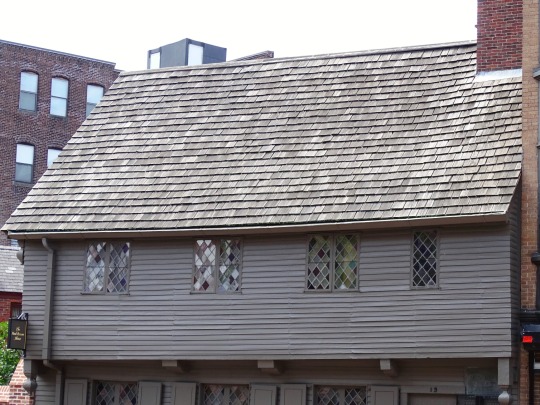
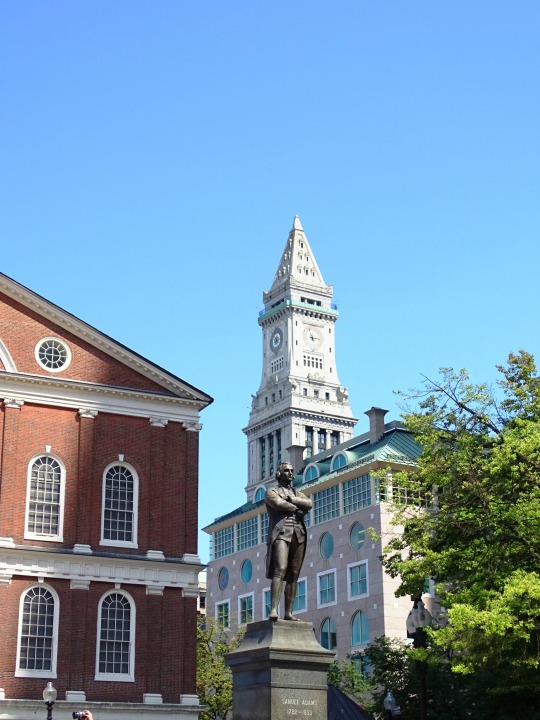
Boston Tea Party Day
There were numerous factors that converged to create an environment that was ripe for an event like the Boston Tea Party to take place, which occurred on today's date in 1773. Some of these included the popularity of tea in the colonies, British debt, acts of Parliament that taxed colonists, the Boston Massacre, and the propping up of a British tea company. The Boston Tea Party can be seen as a tipping point that spurred the revolutionary movement forward, which ultimately allowed for the creation of the United States. It is because of its importance to the formation of the country that we mark Boston Tea Party Day.
Although Britain had been victorious in the Seven Years' War (1756-1763), they had accumulated a great national debt and looked to the American colonies for revenue. Parliament instituted taxes on the colonies, the first being the Stamp Act of 1765, which required colonists to pay a tax on printed paper such as newspapers, business cards, and legal documents. Colonists argued that only their representatives in the colonies should have the power to tax them, and that "taxation without representation" was unjust. The Stamp Act was repealed the following year, but the Townshend Acts of 1767 created even more taxes than the Stamp Act, placing them on items such as paper, paint, glass, and tea. The revenue for these taxes was to pay for the salaries of the royal colonial governors. Colonists once again bristled at the idea of being taxed without representation, and they organized boycotts of the taxed goods. Because of this pressure, in April 1770, all of the Townshend Acts except the tax on tea were repealed. The tax on tea was kept as a symbol of Parliament's power and right to levy a tax on the colonies.
Another incident occurred the month before the Townshend Acts were repealed which also raised the discontent of colonists: the Boston Massacre. Colonists had been irritated that British troops were patrolling their streets, and this pent up anger took the form of action when a mob of colonists threw snowballs at a British sentinel who was guarding the Boston Customs House. British reinforcements arrived and the colonists were fired on. Five lost their lives and six more were injured. The colonial frustration that sparked the Boston Massacre only intensified following it.
Colonists drank about 1.2 million pounds of tea a year. With the repeal of the Townshend Acts, boycotting of British tea abated, although some colonists avoided it and drank smuggled Dutch tea instead. Everything changed after Parliament passed the Tea Act in May 1773. This act was created to save the faltering British East India Tea Company and to turn it into a monopoly in the colonies; the act wasn't designed to raise revenue, but to bail out the tea company, which was valuable to Britain's economy. It allowed the British East India Company to sell tea cheaper than anyone else because it stipulated that the tea didn't need to land in England on its way to the colonies, where an additional tax would have had to have been paid. The tea was still taxed at colonial ports, however. Overall, though, the Tea Act lowered the price of tea from the British East India Company, and the company was able to monopolize the market.
Some thought the Tea Act was made as a way to get colonists to accept and support the idea that Parliament could tax colonists. Even though the price of tea was now cheaper for colonists, they were not supportive of the Tea Act. They had never accepted the right of Britain to place duties on tea, and the act reinvigorated their opposition. The act revived the boycotting of tea, and more people began to smuggle Dutch tea, although it was actually more expensive than the British tea. Two of the most prominent tea smugglers were John Hancock and Samuel Adams. The act negatively affected colonial merchants and these merchants and patriot groups like the Sons of Liberty found themselves aligned in opposition to Britain in a way they hadn't prior. Colonists continued to protest against the tea tax and against British control, and in some ports, they were able to force ships with tea from unloading their cargo.
Then, on the night of December 16, 1773, the first major act of resistance to British rule took place, when the Boston Tea Party occurred at Griffin's Wharf in Boston Harbor. The Sons of Liberty, formed of colonial merchants and tradesmen and comprised of noteworthy members such as Samuel Adams, John Hancock, Paul Revere, and Patrick Henry, had been founded to protest taxation, particularly the Stamp Act. They had spoken against Parliament in their meetings, and when the Dartmouth, a ship filled with tea from the British East India Company, came to Griffin's Wharf in 1773, they protested. By mid-December, the ship had been joined by Beaver and Eleanor, which also carried tea. On the morning of December 16, colonists came together in the area around the wharf, and a meeting was held at the Old South Meeting House. They agreed not to pay any taxes on the tea, or to allow it to be unloaded, stored, sold, or used. At the same time, Governor Thomas Hutchinson said the ships could not return to Britain, the tea tariff had to be paid, and that the tea had to be unloaded. Colonists refused all of these demands.
At least 60—and perhaps more than 100—Massachusetts colonists, believed to be part of the Sons of Liberty, disguised themselves as Mohawk American Indians, boarded the ships and dumped 342 crates or chests of tea into Boston Harbor. They split the crates with their tomahawks so that the tea would be exposed when it hit the water. After almost three hours, they had emptied more than 90,000 pounds of tea into the harbor. In today's dollars, the tea would be valued at about $1,000,000. No other damage was done to the ships or other property. It is not known who was all involved, but the event, which became known as the Boston Tea Party, is believed to have been led by Samuel Adams and organized by John Hancock. Most participants were under the age of 40, and some were teenagers. Only one person was arrested and imprisoned: Francis Akeley. Not all of the Founding Fathers were happy with what happened in Boston. George Washington and Benjamin Franklin were not pleased by it, and Franklin believed that the British East India Company should be reimbursed.
In response to the Boston Tea Party, Parliament passed the Coercive Acts, which became known to the colonists as the Intolerable Acts. Britain passed them in hopes that they would keep the colonies from uniting. These acts did a number of things: they closed Boston Harbor until the tea was paid for, they ended the Massachusetts Constitution and repealed Massachusetts' colonial charter, they halted the free elections of town officials in Massachusetts, formal British rule started in Massachusetts and General Thomas Gage—the commander of British forces in North America—was appointed governor, judicial authority in the colonies was moved to Britain, colonists were required to quarter British troops when asked to do so, and French-Canadian Catholics received the freedom of worship, angering many Protestant colonists. Instead of dissuading colonists from uniting, the Intolerable Acts spurred the revolutionary movement. Colonists sent aid to Massachusetts, those with more moderate views became more sympathetic to those held by radicals, and colonists organized the First Continental Congress.
On September 5, 1774, the First Continental Congress convened, when elected delegates from all the colonies except Georgia met in Carpenters' Hall in Philadelphia. They wrote the Declaration of Resolves over the following month, which censured Britain for passing the Intolerable Acts and called for their appeal, established a boycott of British goods, declared that the colonies had the right to govern themselves independently, and called for a colonial militia. Less than a year later, the Revolutionary War began. There are many events that factored into the colonial break from Britain and the fight for a new country, but the Boston Tea Party played a large role in putting the colonists on an inextricable path to revolution.
How to Observe Boston Tea Party Day
The following are some ideas on how to to mark the day:
Visit the Boston Tea Party Ship and Museum and the Old South Meeting House. Boston Tea Party Reenactments are often held at these locations on today's anniversary.
Stop at the official Boston Tea Party marker at the corner of Congress and Purchase streets.
Read a book about the Boston Tea Party.
Host a party and drink some tea, or dump whatever tea you have into water.
Source
#Park Street Church#Boston Tea Party Day#BostonTeaPartyDay#Boston#16 December 1773#anniversary#US history#original photography#travel#Massachusetts#New England#Freedom Trail#summer 2018#vacation#Paul Revere house#Granary Burying Ground#Paul Revere Memorial#Paul Revere's grave#tombstone#Paul Revere by Cyrus Dallin#USA#Old South Meeting House#Benjamin Franklin Statue by Richard Saltonstall Greenough#Faneuil Hall#Old State House#tourist attraction#cityscape#architecture#landmark
5 notes
·
View notes
Text
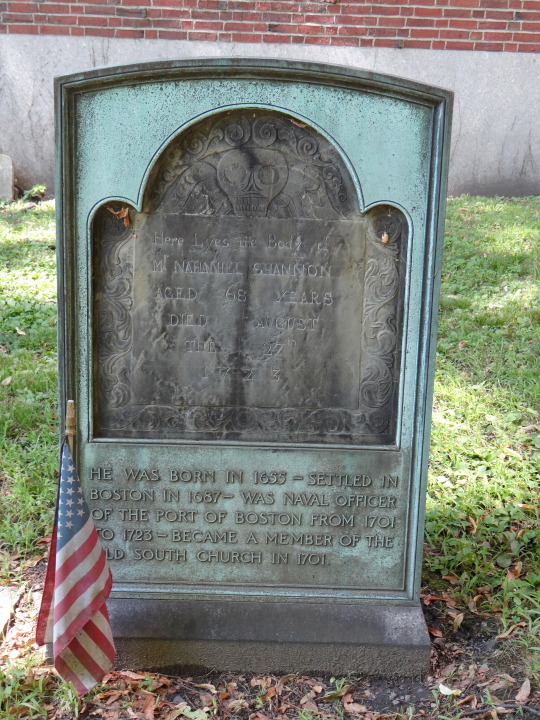
"Here Lyes the Body of Mr. Nathaniel Shannon Aged 68 years Died August The 27th 1723"
Plaque reads: He was born in 1655-settled in Boston in 1687- was naval officer of the port of Boston from 1701 to 1723-Became a member of the Old South Church in 1701.
Granary Burying Ground.
Boston, Massachusetts.
Aug. 2014
#boston#old granary burying ground#cemetery#massachusetts#original photography#tomb#photography#taphophile#taphophilia#tombs#photographers on tumblr#lensblr#urban exploration#wanderingjana
7 notes
·
View notes
Text
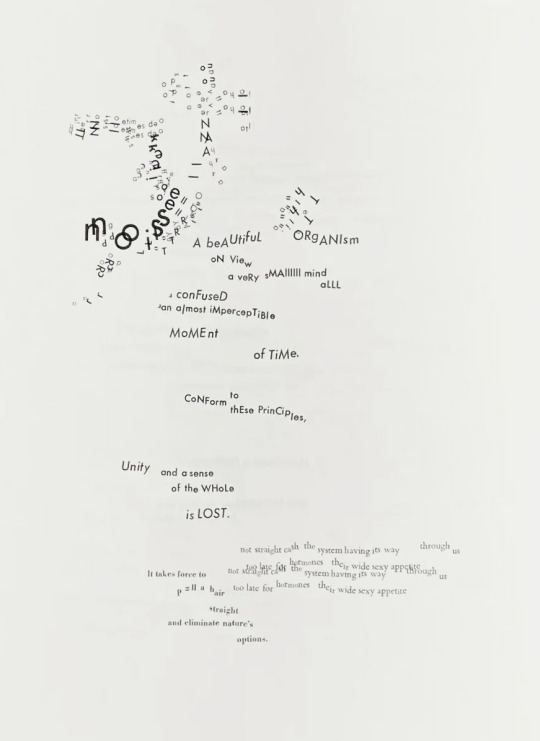
From: Johanna Drucker, Stochastic Poetics, Druckwerk and Granary Books, New York, NY, 2012 [© Johanna Drucker]
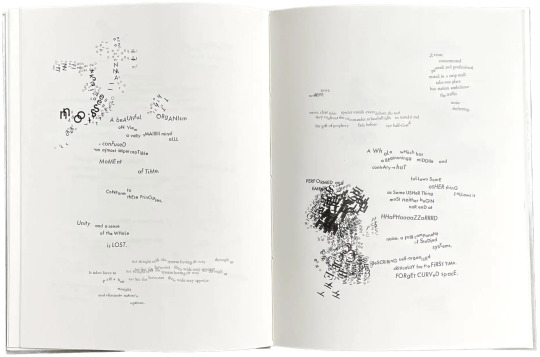
#graphic design#art#poetry#concrete poetry#visual poetry#visual writing#book#johanna drucker#druckwerk#granary books#ubuweb#2010s
40 notes
·
View notes
Text
tonight in D&D my players got distracted by a red herring and the rogue nearly died as a result of grain entrapment

#Jake runs Dungeons and Dragons#Mistbound D&D#the warlock got a vision from his patron to smear a sigil in blood over the door of a granary#the party decided it was a Clue to the Missing Children case they're working on#and the rogue clambered in one of the windows high up#got stuck#the barbarian pushed him in the rest of the way#...and he landed on a pile of loose grain#crit failed his dex save#and then failed two subsequent wisdom saves to find the built-in ladders#to PREVENT people dying to grain entrapment
21 notes
·
View notes
